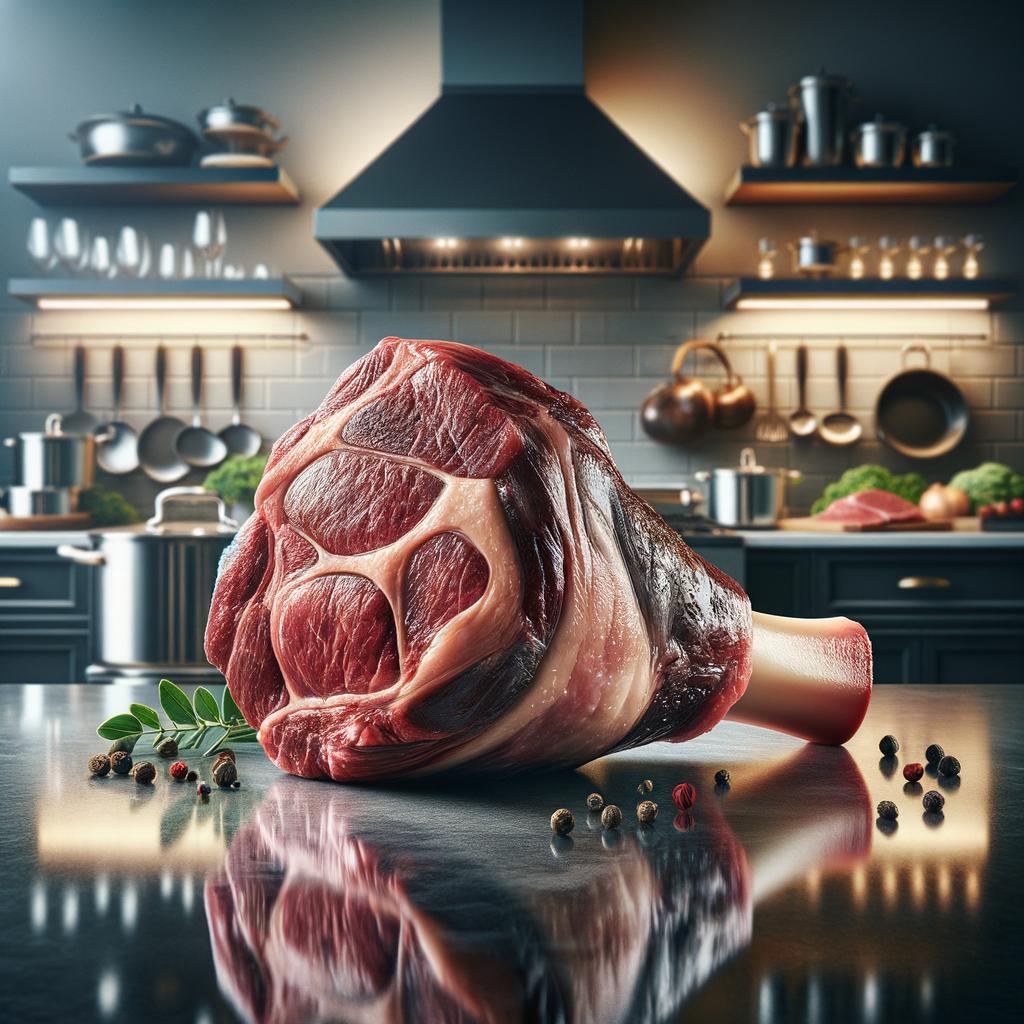Beef Shanks

Description
Beef shanks, often regarded as the unsung hero of the bovine world, are the cross-cut sections from the leg of a cow. They are visually striking, with a rich, deep brown color that speaks of their hearty flavor. Their texture is dense and muscular, a testament to their role in the cow's movement. Cooked properly, they transform into a succulent, melt-in-your-mouth delight. The flavor profile is robust and beefy, with a depth that surpasses many other cuts. What sets beef shanks apart is their rich marrow content, a culinary gold that lends an unmatched richness to dishes.
Primary Uses
Beef shanks are a staple in slow-cooked dishes around the world. In Italian cuisine, they form the backbone of Osso Buco, a Milanese specialty. The French use them in their hearty Pot-au-Feu, while in the Philippines, they're a key ingredient in the beloved Bulalo soup. The marrow is often scooped out and spread on toast, a gourmet treat revered by food connoisseurs. Besides their culinary uses, beef shanks have cultural significance in many societies, often used in celebratory meals and feasts.
History
The use of beef shanks traces back to ancient times when our ancestors utilized every part of the animal. They were a symbol of sustenance and resourcefulness. Over time, as people discovered the rich flavor that slow-cooking could coax out of them, their popularity grew. In many cultures, the act of sharing the marrow from the shank bone has been a sign of hospitality and friendship. There's a romantic notion attached to the preparation of beef shanks - the slow, patient cooking process, the transformation from tough to tender - it's a culinary love story in itself.
Nutritional Information
Beef shanks are a powerhouse of nutrition. They are rich in protein, essential for muscle growth and repair. They also contain a good amount of iron, which aids in red blood cell production. The marrow offers a wealth of nutrients - it's high in fat, yes, but it's also packed with vitamins, minerals, and essential fatty acids. The collagen from the connective tissue breaks down during cooking, providing beneficial amino acids. However, due to their high fat and cholesterol content, they should be consumed in moderation. Compared to leaner cuts of beef, shanks provide a more complex nutritional profile, making them a worthwhile addition to a balanced diet.

